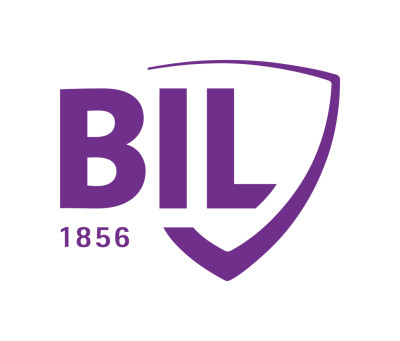Pregnant women who are employed benefit from special protective status in Luxembourg. Any woman who legally works in the country, whether a resident or a cross-border worker, is entitled to maternity leave. To qualify for maternity leave, the employee must have been registered for mandatory sickness and maternity insurance for at least six months within the last twelve months.
Types of employment contracts covered
The right to maternity leave is granted to all types of Luxembourgish employment contracts, including fixed-term or permanent contracts (CDD/CDI), apprenticeships, seasonal student contracts, or as self-employed workers.
Five steps to follow when pregnant and employed in Luxembourg
- Consult a gynecologist for medical follow-up.
- Inform your employer to benefit from protection.
- Notify the CNS (Caisse Nationale de Santé) of the pregnancy (at least 12 weeks before the birth).
- Register the birth with the local authorities.
- Inform the CNS of the birth to take advantage of your postnatal leave.
Rights and protections of pregnant and nursing women
During pregnancy
- Protection during hiring: pregnant women are not required to inform the recruiter of their pregnancy during an interview, as this is a private matter. Once hired, the rights and protections concerning her pregnancy will only apply once she has informed her employer.
- Protection during the trial period: from the day the employer is informed of the employee's state of pregnancy, he cannot terminate the contract.
- Protection against dismissal from the start of pregnancy: from the moment the employer is informed of the employee's (medically certified) state of pregnancy, he may not dismiss her under any circumstances. This obligation applies throughout the pregnancy and for 12 weeks following childbirth. In the event of dismissal prior to medical confirmation of pregnancy, the woman has 8 days (from notification of dismissal) to send her medical certificate attesting to her condition to her employer.
- Exemption from work for prenatal examinations: the employer must grant an exemption from work to a pregnant woman who has to undergo prenatal examinations. There will be no loss of pay, of course.
Several weeks' leave before and after childbirth
- Maternity benefits: to qualify for this benefits during maternity leave, the employee must have been affiliated to the compulsory maternity health insurance scheme for at least 6 months in the 12 months prior to maternity leave.
- Antenatal leave: begins 8 weeks before the expected date of delivery.
- If I give birth before my due date: any days not taken are added to the postnatal leave (total maternity leave cannot exceed 20 weeks).
- If I gave birth after the expected date: in this case, antenatal leave is extended until the exact date of delivery. Postnatal leave will not be shortened, and remains at 12 weeks.
- Postnatal leave: this is effective for the 12 weeks following the date of delivery.
Payment of maternity benefits
During her maternity leave, an employee, apprentice or self-employed woman receives maternity benefits. This is paid by the CNS.
The amount corresponds to :
- The highest salary received by the pregnant employee or apprentice during the 3 months preceding her maternity leave.
- The contribution base in effect at the time the self-employed pregnant woman takes maternity leave.
- A threshold based on the hourly social minimum social wage for pregnant part-time employees.
Please note: maternity benefits cannot be less than the social minimum wage, or 5 times higher.
Special health and safety protection when working in occupations involving specific risks
The employer must inform any employed woman of the list of tasks that pregnant and breastfeeding women are not required to perform. The employer must also adjust the working conditions to avoid tasks deemed risky.
Risky tasks for pregnant or breastfeeding women:
- Lifting loads in excess of 5 kilos
- Work involving the risk of falling
- Work in a squatting or bending position
- Work involving contact with chemical substances (particularly lead)
- Work in contact with biological agents (toxoplasma, rubella virus)
Protection against the risks of night work
A pregnant or breastfeeding woman can request to be exempted from night work (between 10pm and 6am) up until the first anniversary of her child.
Working time arrangements for breastfeeding
The woman must inform her employer of her wish to breastfeed her child, if she so wishes. The employer must therefore allow her time to breastfeed:
- 2 periods of 45 minutes at the beginning and end of her working day, or
- A single period of at least 90 minutes during the working day.
Please note: breastfeeding time is considered working time.
Breaking the employment contract
If a female employee wishes to look after her child and not return to work, she can resign without giving notice to her employer and without having to pay a termination indemnity.
Please note: resignation without notice is not possible if you wish to change employers.
See also:
Paternity leave in Luxembourg and the Greater Region
Parental leave in Luxembourg
Would you like to get back to work quickly and still have time for your child? Discover all the part-time job offers in Luxembourg available on Moovijob.com.









